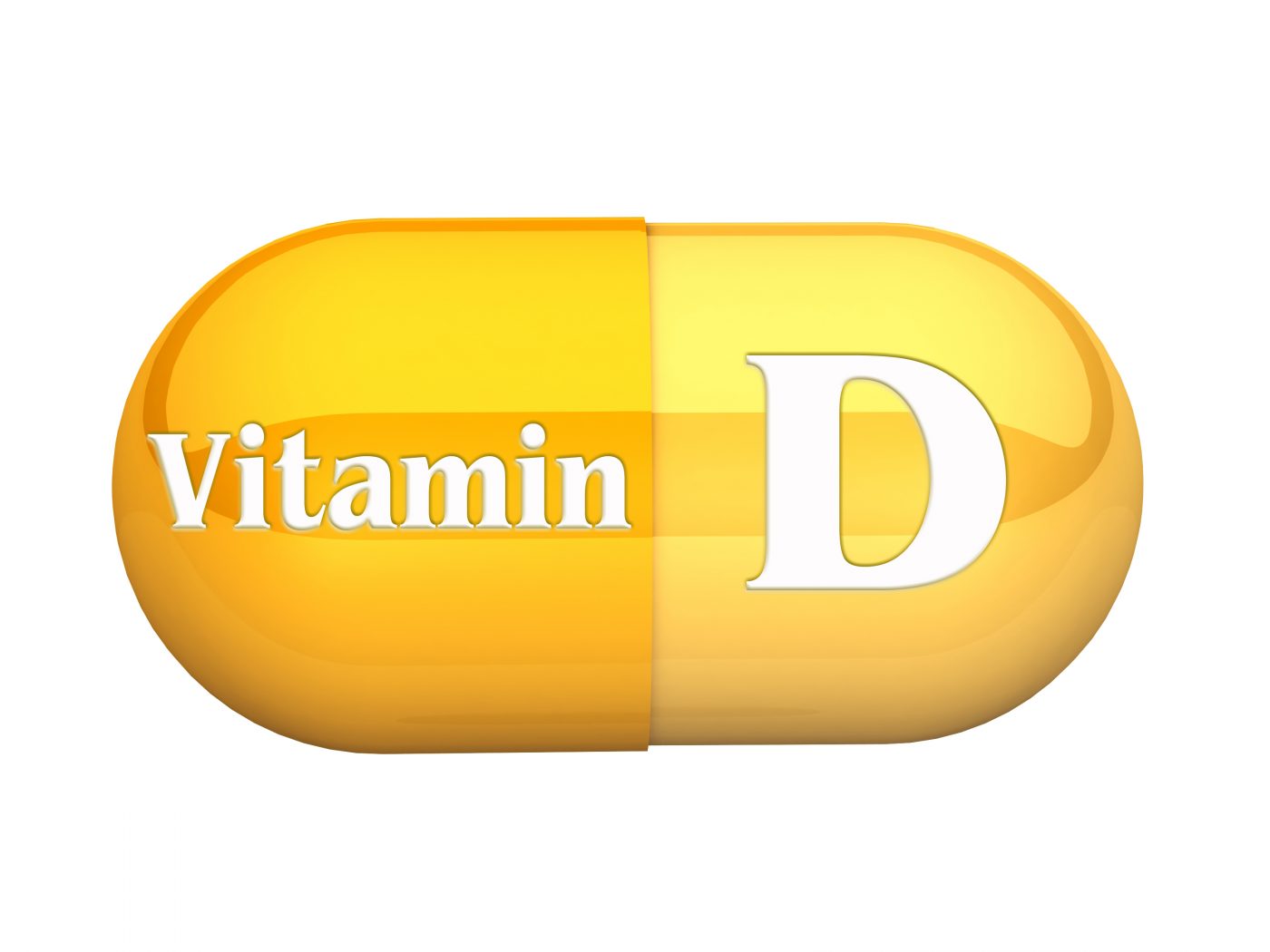Supplementation Increases Vitamin D Levels in SLE, Does Not Affect Gene Signature

Results from a clinical trial conducted by a team at Feinstein Institute for Medical Research in Manhasset demonstrate that vitamin D supplementation does not diminish the interferon (IFN) signature of patients with systemic lupus erythematosus. The authors attribute the lack of a response to the short time frame of treatment and hypothesize that a future study of longer duration may be able to affect immunologic outcomes of patients.
“Vitamin D modulates the immune response and blocks induction of an IFN signature by SLE sera,” explained the authors to motivate the study. “This study was undertaken to investiate the effects of vitamin D supplementation on the IFN signature of patients with SLE.” The study was registered as a clinical trial, and the results were published in “Randomized, Double-Blind, Placebo-Controlled Trial of the Effect of Vitamin D3 on the Interferon Signature in Patients With Systemic Lupus Erythematosus,” in the journal Arthritis & Rheumatology.
Over 50 SLE patients were recruited for the trial, and they all showed stable, inactive disease with a vitamin D level of less than 20 ng/mL. The patients were randomized into one of three treatment groups: placebo, low dose (2000 IU) vitamin D3, or high dose (4000 IU) vitamin D3. To evaluate the effects of vitamin D3 on SLE, the researchers used SLE signatures. These signatures describe the level of expression of three genes that are downstream of IFN signaling, which is upregulated in SLE.
The researchers identified that supplementation of vitamin D was sufficient to increase the levels of vitamin D in patient serum, especially in the high-dose group. All patients tolerated supplementation. However, when the researchers checked the SLE signature for gene expression, there was not a difference in response among the groups. A response would have been acknowledged as a 50% reduction in expression of one of the three genes or a 25% reduction in expression of two of the genes.
Although the study did not show any changes in SLE signature as a result of vitamin D supplementation, the treatment was potent enough to increase serum vitamin D levels in SLE patients without safety concerns.






